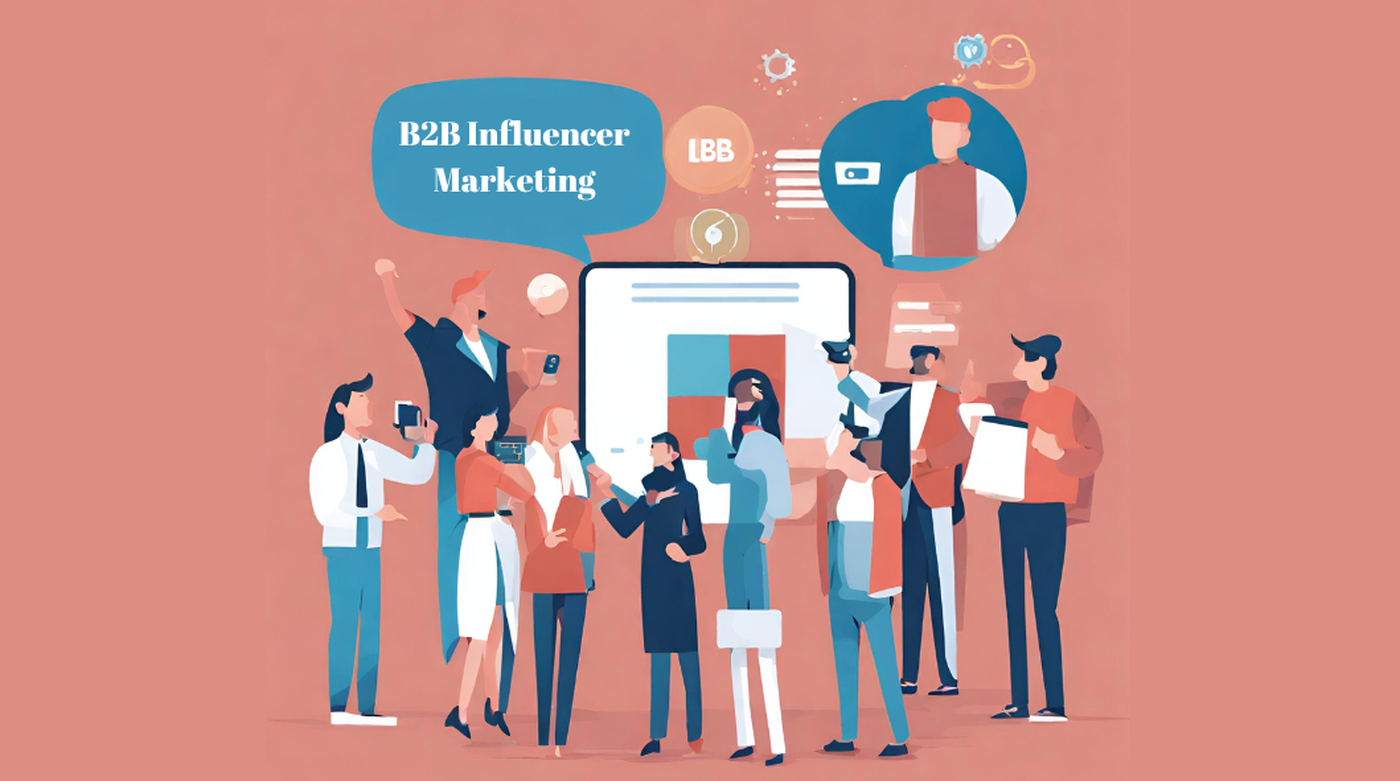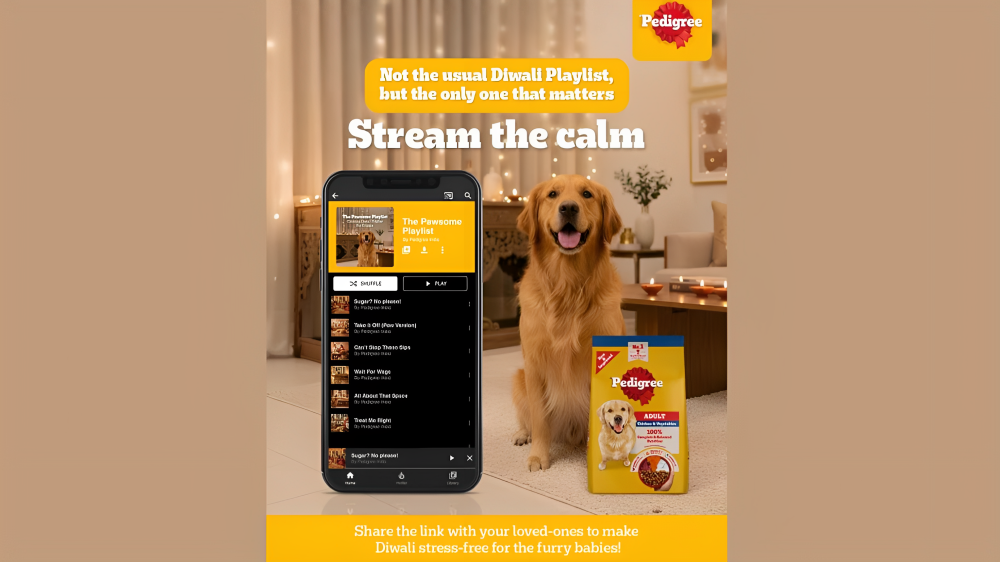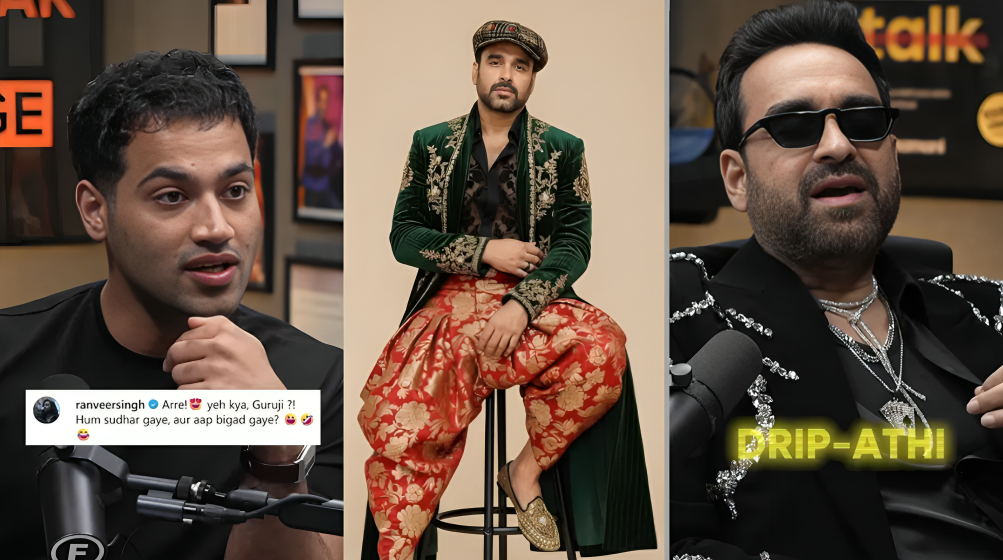In the world of business-to-business (B2B) marketing, traditional advertising methods are no longer as effective as they once were. Today, B2B influencers hold significant power and influence over purchasing decisions in their industries. Utilizing influencer marketing strategies can help businesses reach their target audience in a more authentic and impactful way. In this blog, we will explore the concept of B2B influencer marketing, its benefits, and how businesses can leverage this powerful tool to enhance their marketing efforts and drive business growth.
The benefits of B2B influencer marketing
B2B influencer marketing offers numerous benefits for businesses looking to improve their marketing efforts. One of the key advantages is the ability to reach a highly targeted audience. B2B influencers are experts in their respective industries, and their followers trust their recommendations and insights. By partnering with an influencer who aligns with your target market, you can ensure that your message will be delivered to the right people.
Another benefit of B2B influencer marketing is the enhanced credibility it brings to your brand. When an influential figure endorses your products or services, it establishes a sense of trust and credibility among your target audience. This endorsement can significantly impact purchasing decisions and lead to increased brand recognition and loyalty.
ADVERTISEMENT
Furthermore, B2B influencer marketing allows businesses to tap into new markets and expand their reach. Collaborating with influencers who have a strong presence in specific industries can help your brand break into new target markets that may have previously been inaccessible.
Identifying the right influencers for your brand
Identifying the right influencers for your brand is a critical step in implementing a successful B2B influencer marketing strategy. When choosing influencers to collaborate with, it's important to consider several factors to ensure that they align with your brand's values and target audience.
First, you should evaluate an influencer's expertise and credibility within your industry. Look for influencers who have a deep understanding of your niche and are recognized as thought leaders by their followers. Their knowledge and expertise will lend credibility to your brand and help establish trust among your target audience.
Additionally, it's essential to assess an influencer's audience demographics and engagement. Consider factors such as their follower count, engagement rate, and the relevancy of their audience to your target market. Look for influencers whose followers match your ideal customer profile, as this will increase the effectiveness and impact of your influencer marketing campaign.
Another aspect to consider is an influencer's content style and values. Ensure that their content aligns with your brand's tone, values, and messaging. By partnering with influencers who have a similar brand voice, you can maintain consistency and authenticity in your marketing efforts.
ADVERTISEMENT
Lastly, don't overlook the importance of measuring an influencer's performance and results. Look for influencers who have a track record of driving tangible results for brands they have collaborated with. This could include metrics such as increased website traffic, lead generation, or direct sales.
Building relationships with B2B influencers
Building strong relationships with B2B influencers is key to the success of your influencer marketing campaign. Once you have identified potential influencers, it is essential to nurture these relationships and establish a genuine connection.
Begin by engaging with the influencer's content on their social media platforms. Like, comment, and share their posts to show support and establish yourself as a valuable member of their community. This will help you get noticed and build rapport with the influencer.
Personalization is crucial when reaching out to influencers. Take the time to research their work and tailor your outreach message accordingly. Show genuine interest in their expertise and explain why you believe a collaboration would be a mutual benefit.
When collaborating with an influencer, it is important to set clear expectations and provide them with all the necessary information about your brand, products, and intended goals. Provide guidance and creative freedom, allowing the influencer to align their content with your brand's messaging while still retaining their authenticity.
ADVERTISEMENT
Building long-term relationships with influencers can lead to ongoing collaborations and increased brand exposure. Regularly check in with influencers, offer incentives for their work, and provide feedback to show your appreciation.
Creating impactful content with influencers
Creating impactful content with influencers is an essential aspect of B2B influencer marketing. Once you have established a strong relationship with an influencer, it is crucial to work together to develop content that resonates with your target audience.
Start by having a brainstorming session with the influencer to discuss ideas and identify the best approach for your collaboration. This will help you align your goals and ensure that the content produced is in line with your brand's messaging.
When creating the content, give the influencer creative freedom while providing clear guidelines and expectations. Their expertise and unique perspective can add value to the content and make it more engaging for your audience.
Remember to leverage the influencer's voice and authenticity. Let them share their personal experiences and insights related to your brand or industry. This will make the content more relatable and credible, ultimately driving higher engagement and conversion rates.
Measuring the success of B2B influencer marketing campaigns
Measuring the success of your B2B influencer marketing campaigns is crucial to understanding the impact of your efforts and optimizing future collaborations. Without proper measurement, it's challenging to determine the return on investment (ROI) and make informed decisions moving forward.
One of the key metrics to examine is engagement. This includes analyzing the number of likes, comments, shares, and overall interaction with the influencer-generated content. By monitoring engagement, you can gauge how well the content resonates with your target audience and adjust your strategies accordingly.
Another important aspect to measure is the reach and impressions of your influencer campaigns. This involves analyzing the number of people who have seen the content and how many times it has been viewed. Tracking these metrics will give you insights into the overall exposure and visibility of your brand among your intended audience.
Furthermore, it's essential to track referral traffic and conversions generated by the influencer's content. By using tracking links or unique discount codes, you can directly attribute website visits or purchases to the influencer's promotion, allowing you to
Best practices for implementing B2B influencer marketing
Next Section: Best practices for implementing B2B influencer marketing
Now that we understand the significance of measuring the success of our B2B influencer marketing campaigns, let's explore some best practices for implementing these campaigns effectively.
1. Identify the right influencers: Take the time to research and find influencers who align with your brand's values, industry, and target audience. Look for influencers who have a genuine connection with their followers and can authentically promote your products or services.
2. Set clear campaign objectives: Clearly define what you want to achieve with your influencer marketing campaign. Whether it's increasing brand awareness, driving website traffic, or boosting sales, having specific goals will help you measure success accurately.
3. Establish a mutually beneficial partnership: Build a strong relationship with the influencers you collaborate with. Ensure that the partnership is beneficial for both parties involved and that there is a clear understanding of the campaign expectations and deliverables.
4. Develop a creative content strategy: Work with influencers to create compelling, relevant, and engaging content that resonates with your target audience. Encourage them to share their own experiences or demonstrate how your products or services solve common pain points.
5. Track and analyze key performance metrics: As discussed in the previous section, track and analyze metrics such as engagement, reach, conversions, and brand sentiment. This data will guide you in making data-driven decisions and optimizing your future influencer campaigns.
6. Regularly communicate and provide feedback: Maintain open lines of communication with your influencers throughout the campaign. Provide feedback, share campaign updates, and address any concerns promptly. This will help nurture a positive working relationship and ensure campaign success.
Harnessing the power of B2B influencer marketing
In conclusion, B2B influencer marketing can be a powerful strategy for businesses looking to expand their reach, build credibility, and drive meaningful results. By identifying the right influencers, setting clear objectives, establishing mutually beneficial partnerships, developing a creative content strategy, tracking key performance metrics, and maintaining open communication, businesses can effectively implement influencer marketing campaigns.
Harnessing the power of B2B influencer marketing requires careful planning, execution, and analysis. It is essential to continuously monitor and optimize campaigns to ensure maximum ROI. As we dive deeper into this topic, we will explore case studies of companies that have successfully leveraged influencer marketing to achieve their business goals. By learning from these real-life examples, you will gain valuable insights and inspiration for your own influencer marketing initiatives.
















